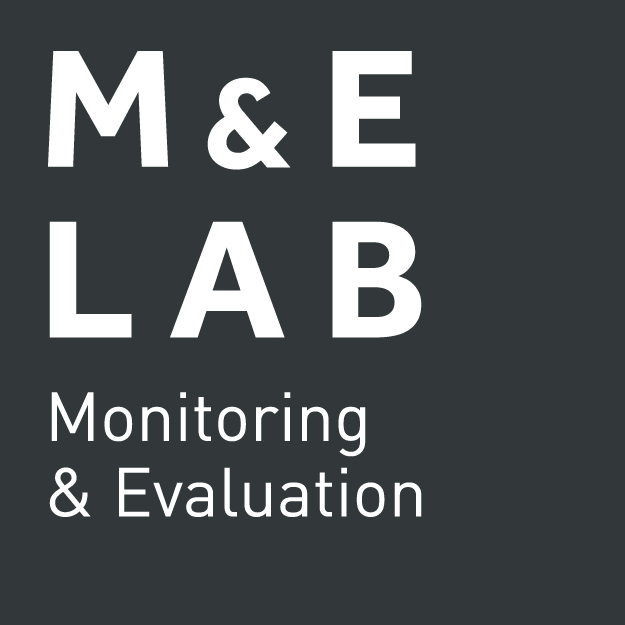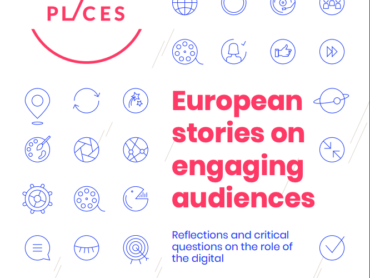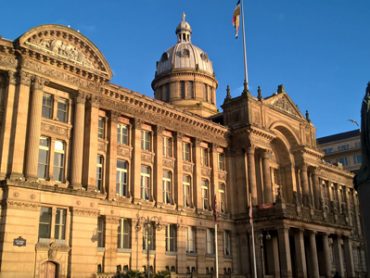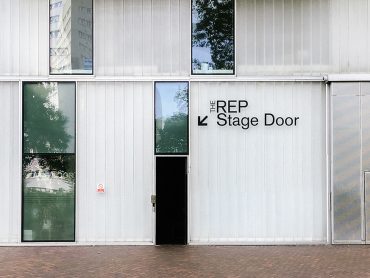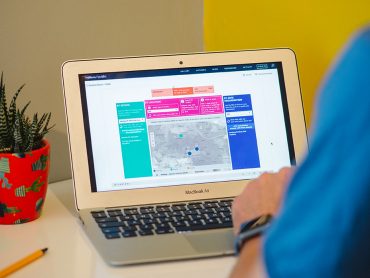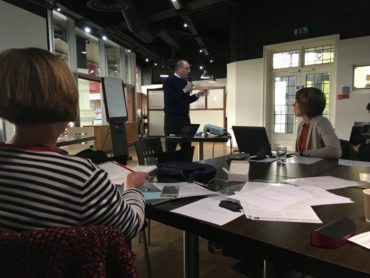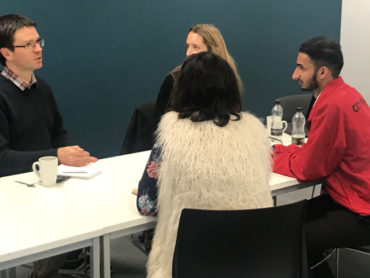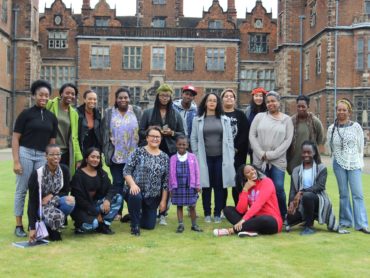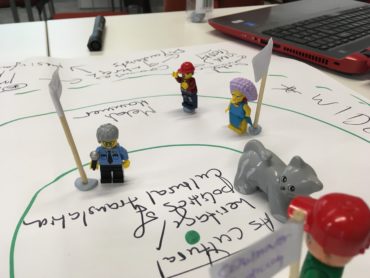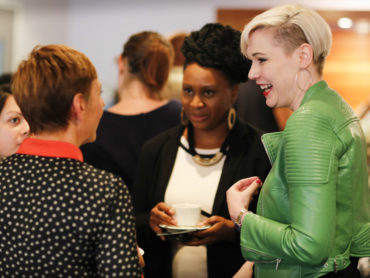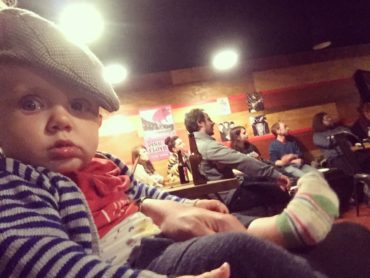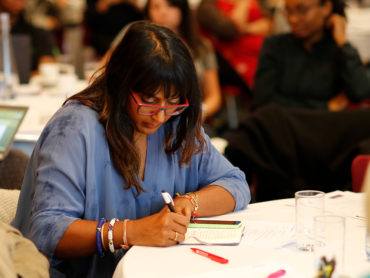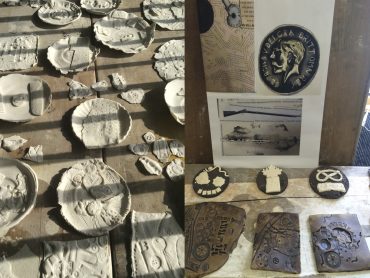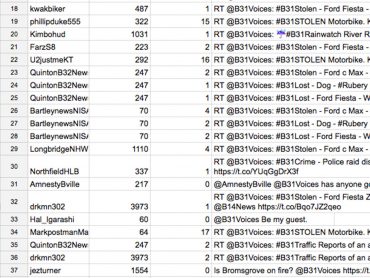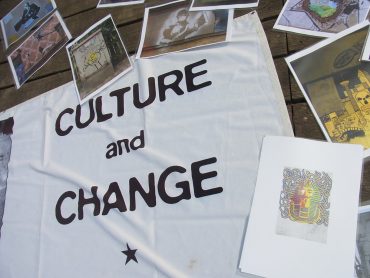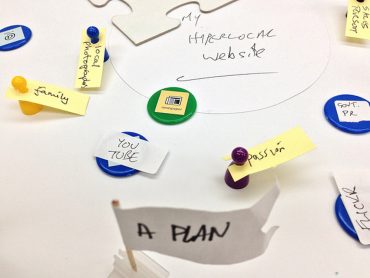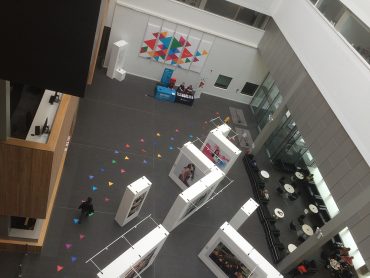Voices of War evaluation: talking to all the right people
We are currently in the process of putting our evaluation together of the Voices of War and Peace project. In doing so, we are looking at the process of organisation, delivery and funding involved, where this has required on communication between academic project partners, community organisations and beneficiaries, and two funders (AHRC and Heritage Lottery Fund) who don’t typically co-fund projects. Whilst the funders were admittedly contributing to different types of work within the project, there was a sense that all involved had to understand those differences, get used to new ways of working, possibly shift their expectations in terms of delivery schedules and outcomes, etc. And because our evaluation needed to explore the effectiveness of the approach, delivery and funding as a whole, it really is key to talk to as many of those parties as possible.
So, we’ve interviewed those individuals working at the academic level, and as much as possible, those involved more with the ground level activity and community groups. But there lies a difficulty. Academics are generally speaking, more used to being put in those interview situations, and easier for us to get hold of, as they’ve been part of the communicative process throughout, and this is typically their ‘bread and butter’. They immediately understand the need to record and translate narratives of impact, as they’re familiar with the demands of funding applications and the REF. With community groups or organisations, even in situations where the project has gone smoothly and is sustaining itself, it can sometimes be hard to come back to them at a point where they might consider their involvement with academia to be finished. By their nature, as communities we actively seek to engage with, that engagement and re-introduction of a new person, the evaluator, might seem like a chore to them.
So we can’t stress enough, that such projects, where evaluation is key, should be fair on all parties and make it clear that at some point, an evaluation team might be in touch to do an interview, or a focus group. Not that they will be marked or assessed to see how well they worked on the project, but to identify how well the project worked for them, in its design and management. Their input helps with learning in the research community, and to ensure that any such future projects can be better guided and learn from failure as well as success.
